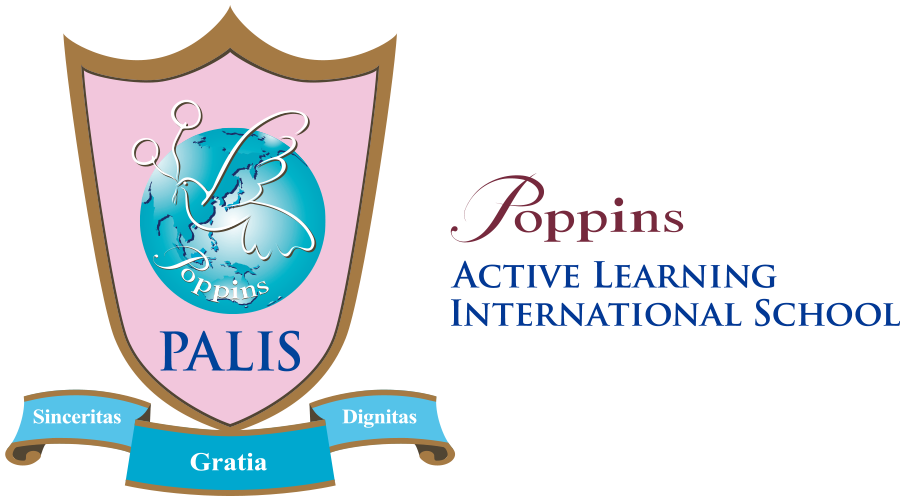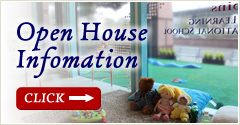Poppins Curriculum
Poppins Active Learning School utilises a British curriculum based on the British Early Learning Years Foundation Stage (EYFS) and Poppins original educational approach. Adapting Japanese Standards to incorporate child brain science and social development, creating individual educare.
The EYFS is a comprehensive framework that sets the standards for learning, development, and care for children ages six years and below. The EYFS framework supports the following seven areas of learning:
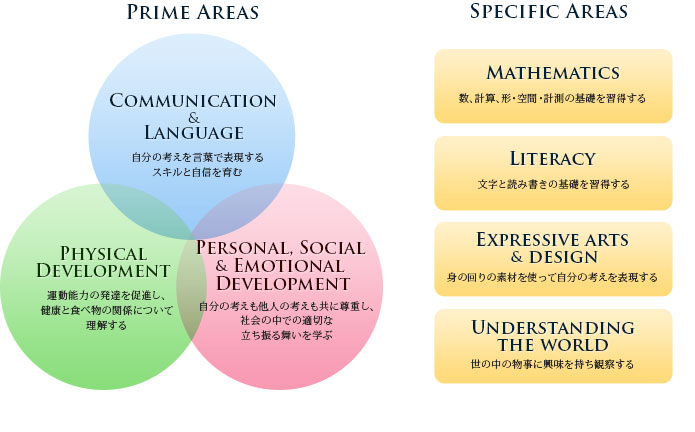
Our active learning programmes (Physical Development, Lifesaving, Language, Maths, Science, Art, and Music) are aligned to the EYFS and taught by specialists in each field. In addition, we also have daily Self-Discovery Time that includes off-campus activities and projects. We offer a good balance of programmes every week and also guide children to explore outside every day.
In our programmes, children learn proactively through play.
Visualisation of the Learning Process
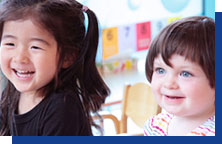 This learning process was documented under the supervision of Dr. Benjamin Mardel, a member of Harvard University’s Infant Education Research Team (now a Lesley University Professor).
This learning process was documented under the supervision of Dr. Benjamin Mardel, a member of Harvard University’s Infant Education Research Team (now a Lesley University Professor).
In order to gain diverse perspectives of Educare ※1, the team shared their research with parents, teachers and even children themselves. The documentation was called the “Reggio Emilia Approach” and featured in Newsweek Magazine in 1991. It became widespread in Europe as an innovative infant and early childhood educational approach.
Growth Mind Set
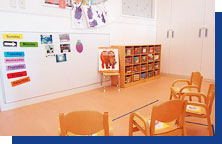 To help children, our teachers practice “Growth Mindset” ※2, a term advocated by Stanford University psychology professor Carol S. Dweck. Rather than focus on results and ability, we recognise the process of learning itself through praise and encouragement to motivate children even when they become discouraged.
To help children, our teachers practice “Growth Mindset” ※2, a term advocated by Stanford University psychology professor Carol S. Dweck. Rather than focus on results and ability, we recognise the process of learning itself through praise and encouragement to motivate children even when they become discouraged.
※1 Educare=education + care
※2 The idea that by making an effort people can expand their special characteristics. On the contrary, a “Fixed Mindset” is when a person hides failures and inadequacies.


